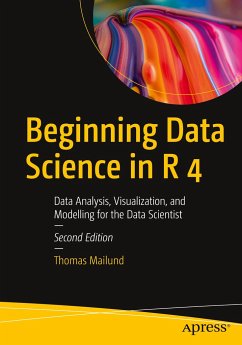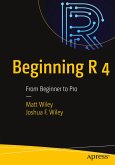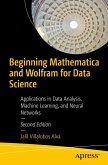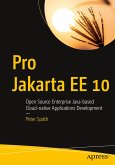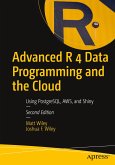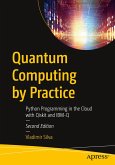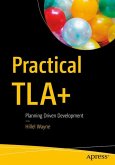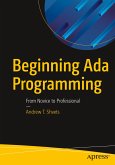Discover best practices for data analysis and software development in R and start on the path to becoming a fully-fledged data scientist. Updated for the R 4.0 release, this book teaches you techniques for both data manipulation and visualization and shows you the best way for developing new software packages for R.
Beginning Data Science in R 4, Second Edition details how data science is a combination of statistics, computational science, and machine learning. You'll see how to efficiently structure and mine data to extract useful patterns and build mathematical models. This requires computational methods and programming, and R is an ideal programming language for this.
Modern data analysis requires computational skills and usually a minimum of programming. After reading and using this book, you'll have what you need to get started with R programming with data science applications. Source code will be available to support your next projects as well.
Source code is available at github.com/Apress/beg-data-science-r4.
What You Will LearnPerform data science and analytics using statistics and the R programming language
Visualize and explore data, including working with large data sets found in big data
Build an R package
Test and check your code
Practice version control
Profile and optimize your code
Who This Book Is For
Those with some data science or analytics background, but not necessarily experience with the R programming language.
Beginning Data Science in R 4, Second Edition details how data science is a combination of statistics, computational science, and machine learning. You'll see how to efficiently structure and mine data to extract useful patterns and build mathematical models. This requires computational methods and programming, and R is an ideal programming language for this.
Modern data analysis requires computational skills and usually a minimum of programming. After reading and using this book, you'll have what you need to get started with R programming with data science applications. Source code will be available to support your next projects as well.
Source code is available at github.com/Apress/beg-data-science-r4.
What You Will LearnPerform data science and analytics using statistics and the R programming language
Visualize and explore data, including working with large data sets found in big data
Build an R package
Test and check your code
Practice version control
Profile and optimize your code
Who This Book Is For
Those with some data science or analytics background, but not necessarily experience with the R programming language.

